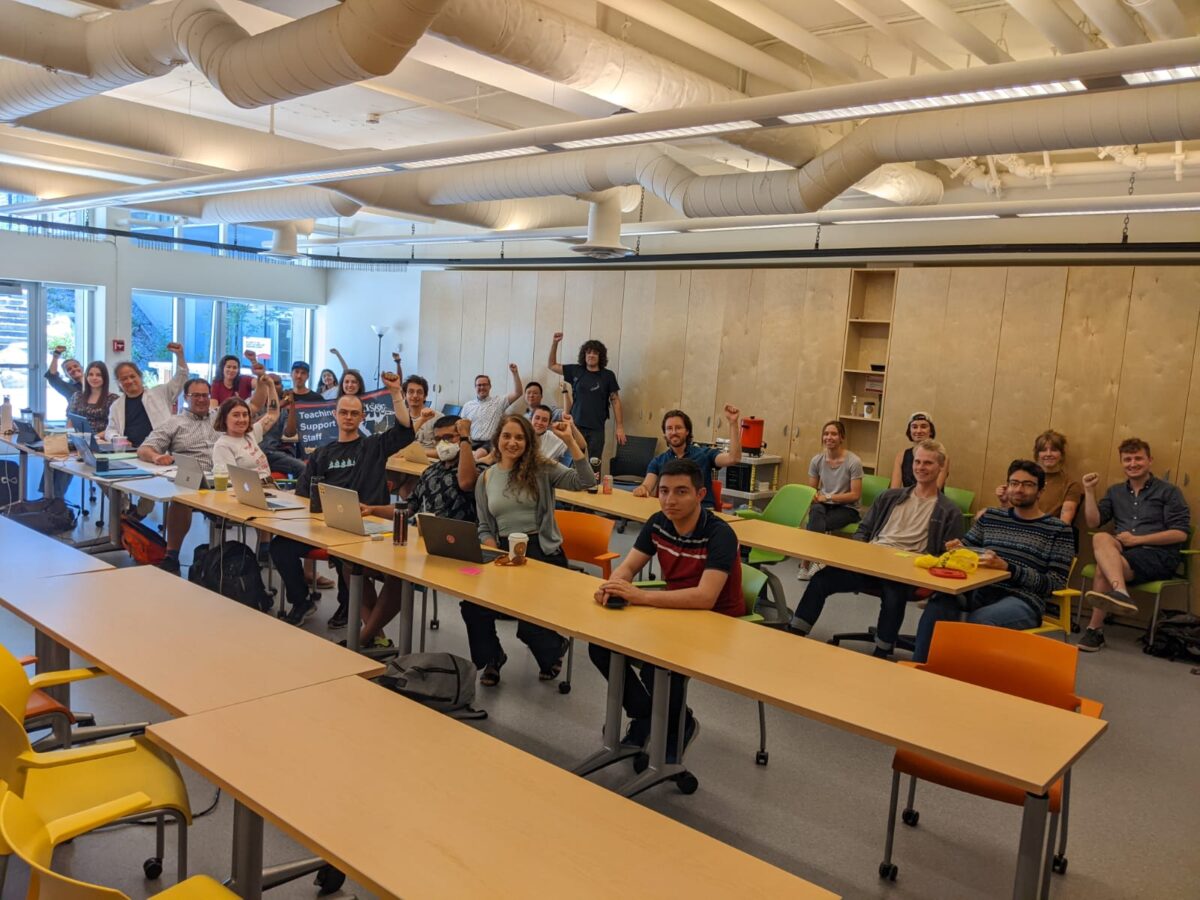Yesterday the Employer finally revealed they have no mandate to bargain on our fundamental issue of upgrading the TA and SI compensation model until after the new VP Academic starts in mid-late August. The Employer has shown that when they want a deal, they can bargain one, as they did with our CUPE 3338 colleagues (administrative, clerical and technical staff at SFU) in under a month this summer. By repeatedly showing up unprepared and without an actual mandate to bargain, the Employer continues to demonstrate they don’t care about the critical work we do.
TSSU presented proposals addressing the Employer’s concerns about TA postings as well as workshop preparation time and compensation models for Graduate Facilitators. TSSU also presented data on class sizes and the history of TA and Sessional compensation to demonstrate the importance of updating these models. The 1990–1993 Collective Agreement lowered the hours of work per Base Unit in exchange for decreasing tutorial sizes from 17 to 15 students. This was intended to decrease the overall workload of TAs “to allow graduate students to complete their programs more expeditiously” for the same amount of pay, as well as to prevent erosion of students’ learning experience. Since then, however, class sizes have risen by 20% to an average of 18 students per tutorial, while the compensation for fewer hours of work per Base Unit has remained the same.
Instead of responding to this fundamental issue, the Employer’s spokesperson spent our time debating small language changes, housekeeping issues, and typos. The Employer suggested that each of TSSU’s attempts at protecting compensation rights—or even getting an extra office to have space to meet our members—would be considered an extra cost to the Employer. To account for the cost, they suggested a need to balance this by scraping back wage increases.
In many places where TSSU seeks improvements, however, members are already doing planning, preparation, communication, and other work, but it’s currently un- or underpaid. When people work for free, the Employer saves money. A contract that secures payment for work already being done therefore does not increase costs to the Employer; it stops the years of wage theft through which the Employer has amassed millions of dollars in surplus, off the backs of TSSU members.
The Employer needs to pay our members for the work that we do. The TSSU Collective Agreement is not a cost to the Employer. TSSU members produce the value of SFU. The University works because we do.
The Employer expects TSSU to agree to solve the workload problem on its own and to pay for it from total available wage increases that do not even meet inflation. TSSU fundamentally disagrees that members should have to forego wage increases in order to be paid for work already being done, or necessary to provide quality educational experiences for students. Doing the right thing is not a cost.
